 The Isle of Man’s Assisted Dying Bill may lead to a democratic crisis, campaigners have warned, as Royal Assent has not been given 11 months after the Bill passed its final stage in Tynwald. The Assisted Dying Coalition is calling on the Ministry of Justice not to thwart the democratic will of the Isle of Man, and to resolve all issues and grant Royal Assent as soon as possible.
The Isle of Man’s Assisted Dying Bill may lead to a democratic crisis, campaigners have warned, as Royal Assent has not been given 11 months after the Bill passed its final stage in Tynwald. The Assisted Dying Coalition is calling on the Ministry of Justice not to thwart the democratic will of the Isle of Man, and to resolve all issues and grant Royal Assent as soon as possible.
The Bill, introduced by Dr Alex Allinson MHK, passed its final stage in Tynwald on 25 March 2025 and was then submitted for Royal Assent. It will allow mentally competent adults who are terminally ill, with a life expectancy of 12 months or fewer and at least five years’ residency on the Island, to request an assisted death under strict safeguards.
Chief Minister Alfred Cannan, who voted against the legislation, told the House of Keys, the parliament’s lower chamber, that the delay stems from queries raised by Westminster’s Ministry of Justice regarding the Bill’s implementation and safeguards. In December, a UK Government minister said:
‘The UK Government is currently in the process of reviewing the Isle of Man’s Assisted Dying Bill as part of our constitutional responsibilities towards the Crown Dependencies. The Lord Chancellor is responsible for making a recommendation as to whether Crown Dependency primary legislation should receive Royal Assent.’
Cannan suggested that if the Bill had not achieved Royal Assent before the end of the session, the Bill would fail, but advice from the Clerk of Tynwald said Manx politicians will be asked to sign the Bill before the end of this administration, and it can still achieve Royal Assent without failing.
Speaker Juan Watterson confirmed that adjustments could still be made to the Bill under standing orders if required.
If passed, an implementation phase will follow, including secondary legislation, clinical guidance, and oversight arrangements. Assisted dying could be available to eligible Manx residents from around 2027.
The delay between the Bill passing and Royal assent is longer than usual. Many recent Acts of Tynwald receive Royal Assent on the same day they are signed, and even more complex laws like the Landlord Registration (Private Housing) Act 2021 faced a gap of under five months. A near-year interval for the Assisted Dying Bill is therefore unusually long compared to recent Acts, but not without precedent.
In England and Wales, the fate of the Terminally Ill Adults (End of Life) Bill is in jeopardy after the Bill received a record number of amendments in the House of Lords and debate continued at a record pace, which has been described as a clear filibuster.
Nathan Stilwell, Chair of the Assisted Dying Coalition, said:
‘The Manx public and their elected politicians have been clear: people who are dying should have the right to control the manner and timing of their death. For terminally ill people, this will mean less fear, less suffering, and more control at the end of life.
‘There is no excuse for Westminster to delay the democratic will of the Isle of Man’s parliament. Every month they stall, more dying people are forced to endure needless suffering or travel abroad to die.’
Vicky Christian, campaigner for My Death, My Decision Isle of Man, part of the Coalition, said:
‘The people of the Isle of Man want this legislation, and the MHKs voted for it. For it to be delayed at this late stage would cause a democratic crisis and is extremely unfair towards terminally ill people on the Island.
‘For many families, simply knowing that this option exists would be an enormous comfort, even if they never choose to use it. It will end the cruel choice between an agonising death at home and a lonely death in another country. ’
Notes:
For further comment or information, media should contact Nathan Stilwell, Chair of the Assisted Dying Coalition, at nathan@humanists.uk or phone 07456200033
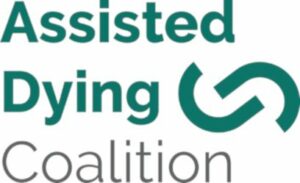 About the Assisted Dying Coalition:
About the Assisted Dying Coalition:
The Assisted Dying Coalition is the UK and Crown Dependencies’ coalition of organisations working for the legal recognition of assisted dying for terminally ill or incurably suffering adults with a clear and settled wish to die.
Members include:
Humanists UK
At Humanists UK, we want a tolerant world where rational thinking and kindness prevail. We work to support lasting change for a better society, championing ideas for the one life we have.
My Death, My Decision
My Death, My Decision is a grassroots not-for-profit organisation that campaigns for a balanced and compassionate approach to assisted dying in England and Wales. We have a group in Northern Ireland, Wales, and the Isle of Man
Humanist Society Scotland
Scotland’s national humanist charity. We are a member-powered organisation campaigning to make Scotland a more secular, rational, and socially just country.
Friends at the End
Friends at the End is a Scottish Charity promoting knowledge and understanding of end of life choices and campaigning to change the law to allow Assisted Dying.
End of Life Choices Jersey
End of Life Choices Jersey campaigns for a compassionate assisted dying law for people who are incurably, intolerably suffering, for Jersey residents.




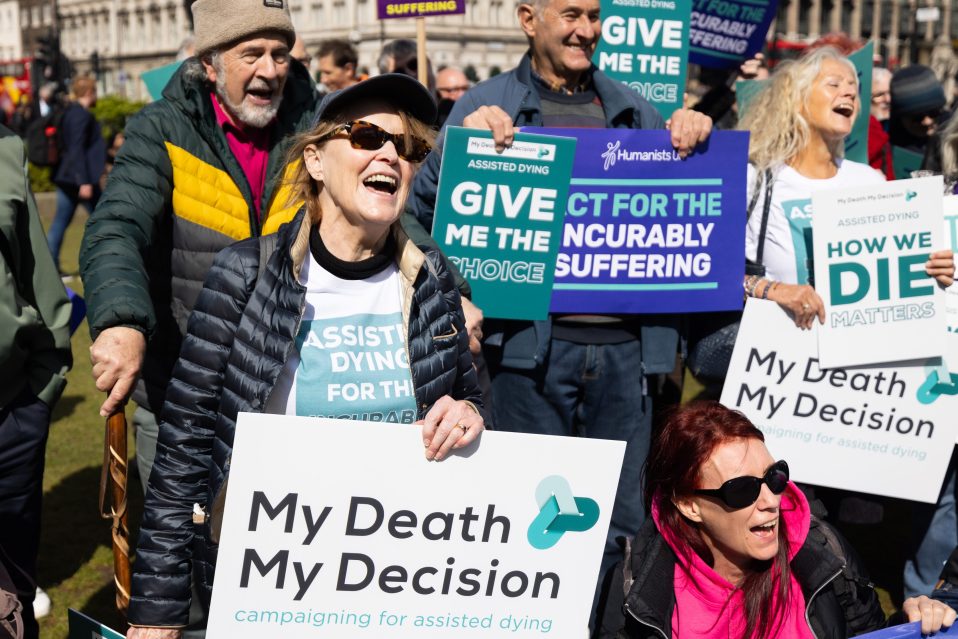
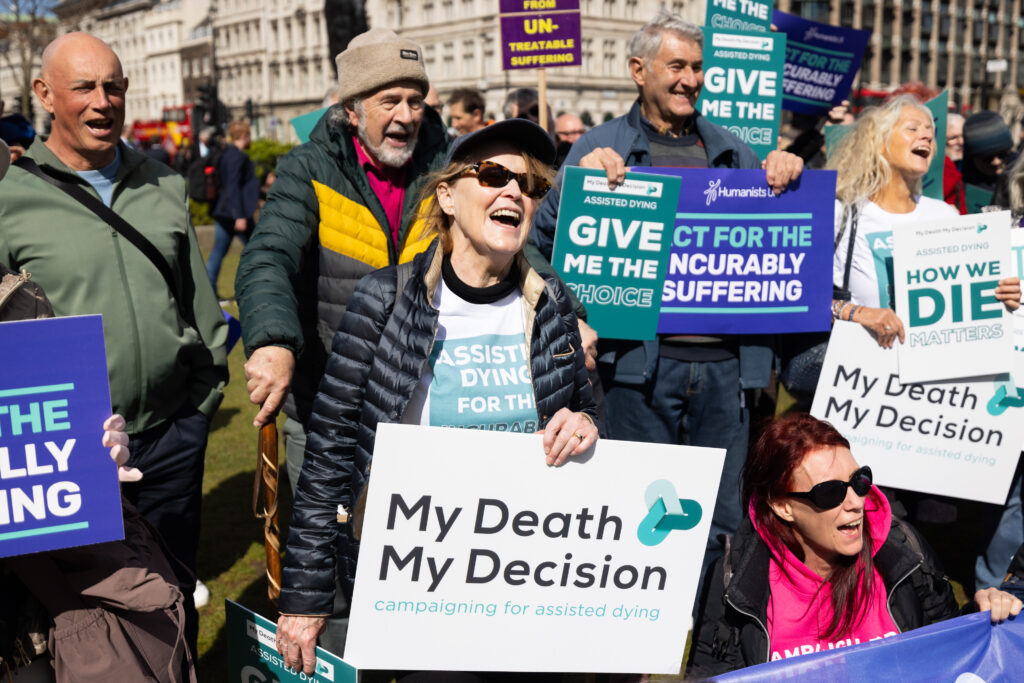
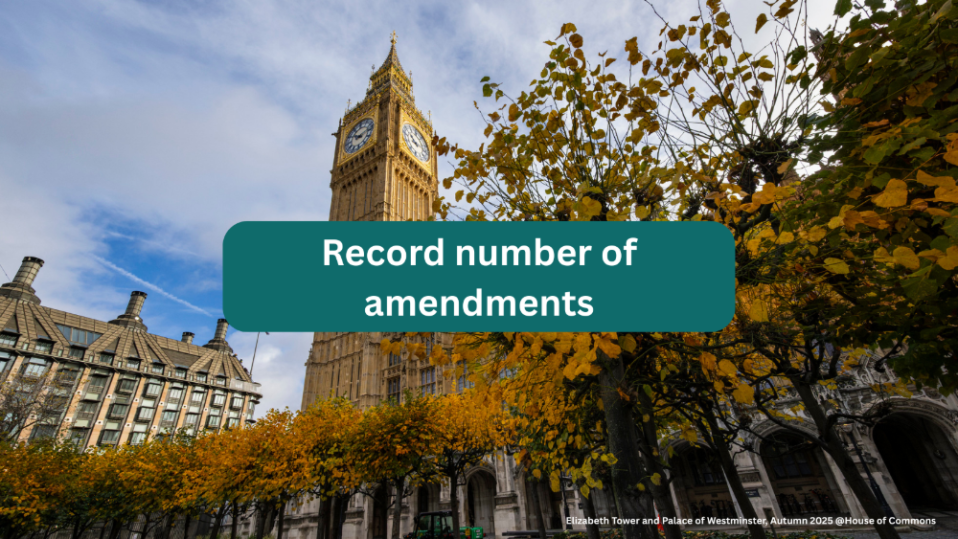
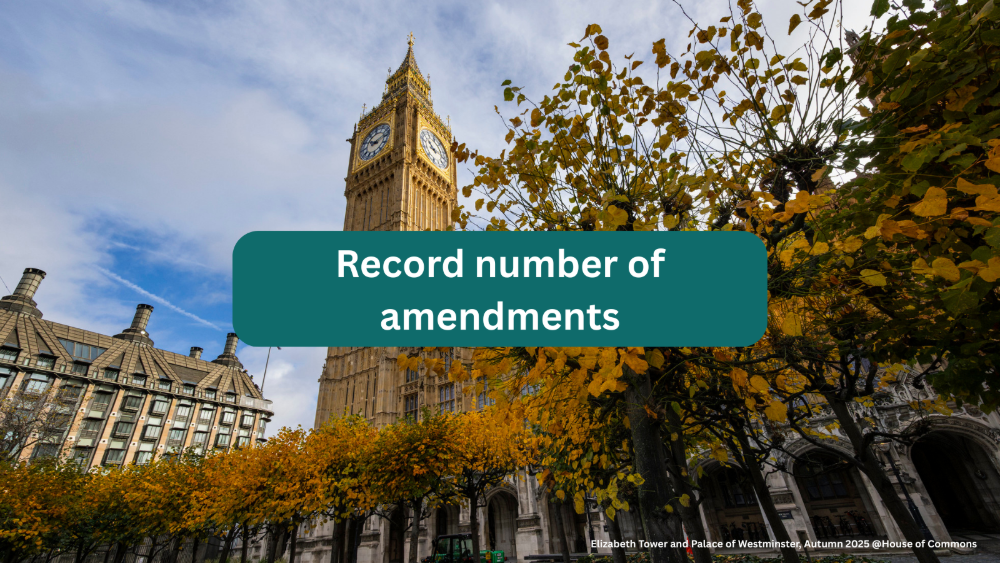 The Terminally Ill Adults (End of Life) Bill now has 1,227 proposed amendments at Committee Stage – more than any other Bill in the history of the UK Parliament. Humanists UK and My Death, My Decision highlight that many of the amendments are unworkable, repetitive, and unnecessary, and urge peers to withdraw their amendments.
The Terminally Ill Adults (End of Life) Bill now has 1,227 proposed amendments at Committee Stage – more than any other Bill in the history of the UK Parliament. Humanists UK and My Death, My Decision highlight that many of the amendments are unworkable, repetitive, and unnecessary, and urge peers to withdraw their amendments.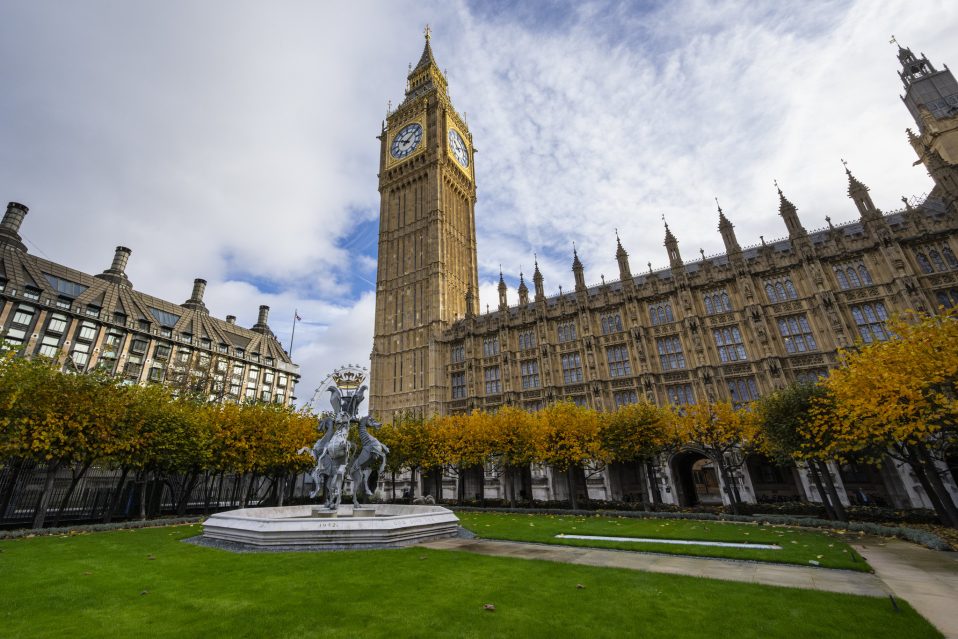
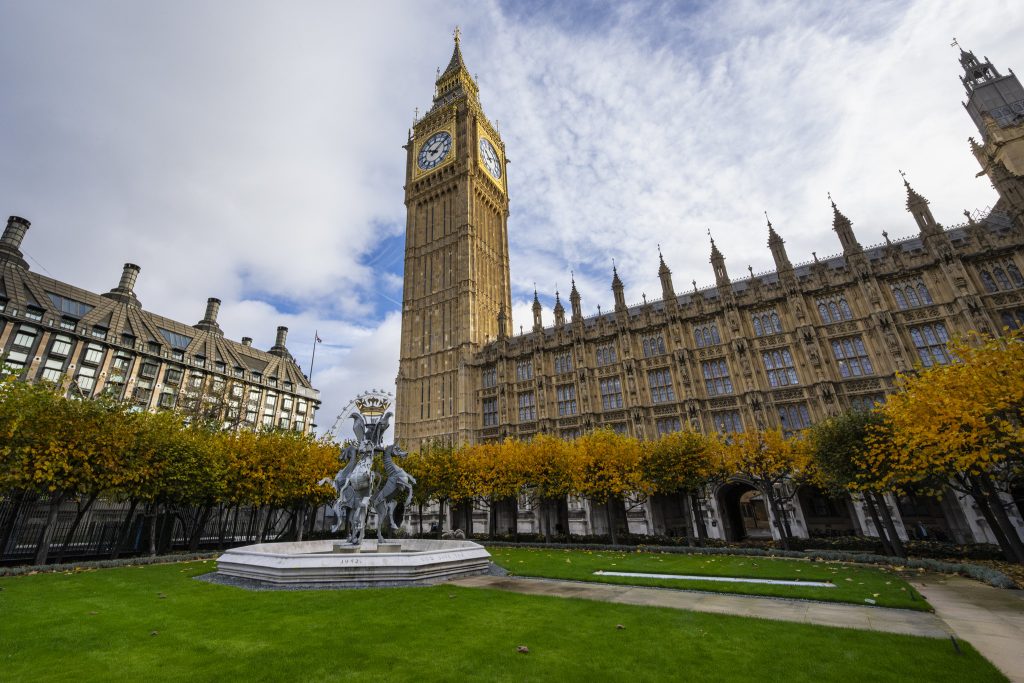

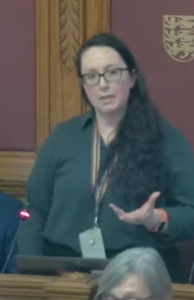 Deputy Louise Doublet, States Assembly member, said:
Deputy Louise Doublet, States Assembly member, said: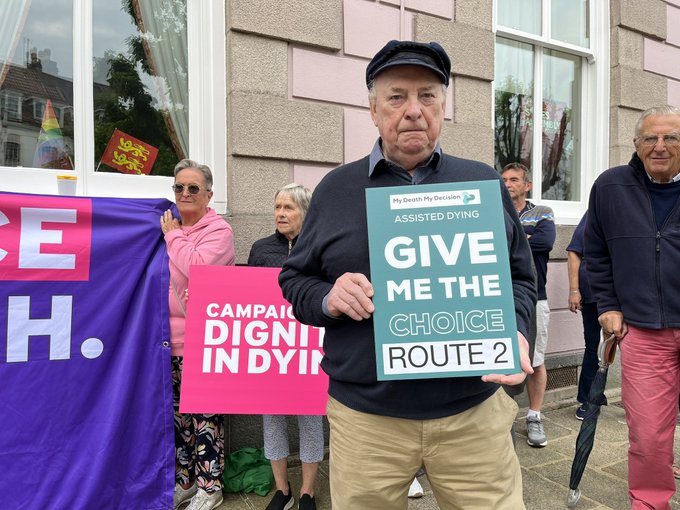
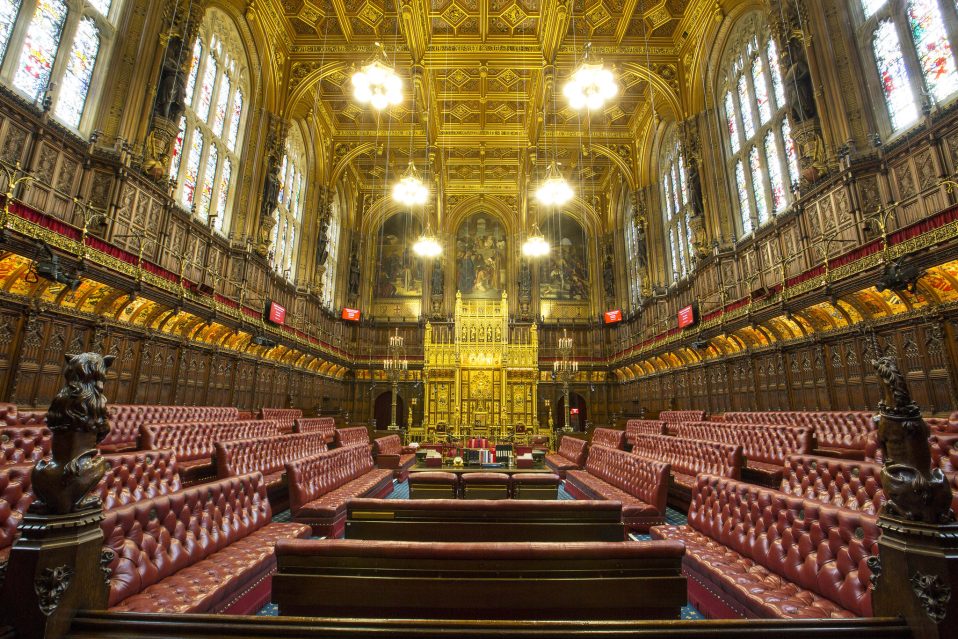
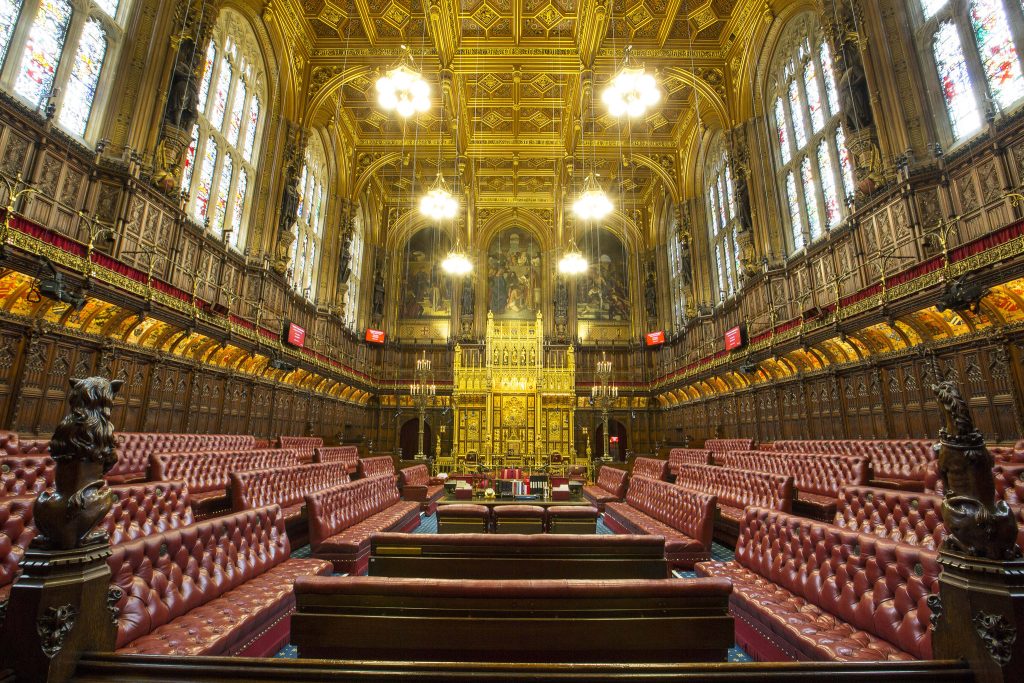
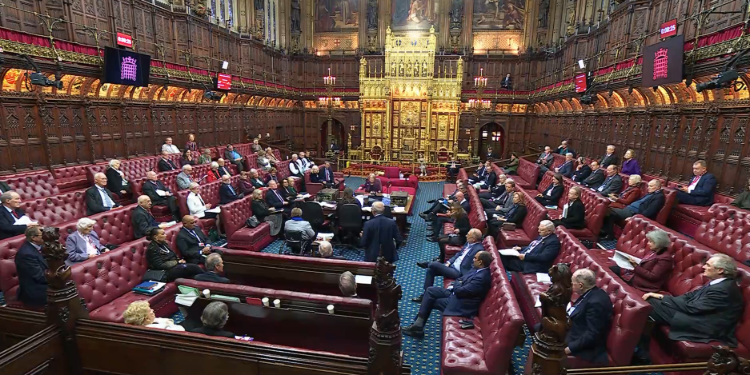
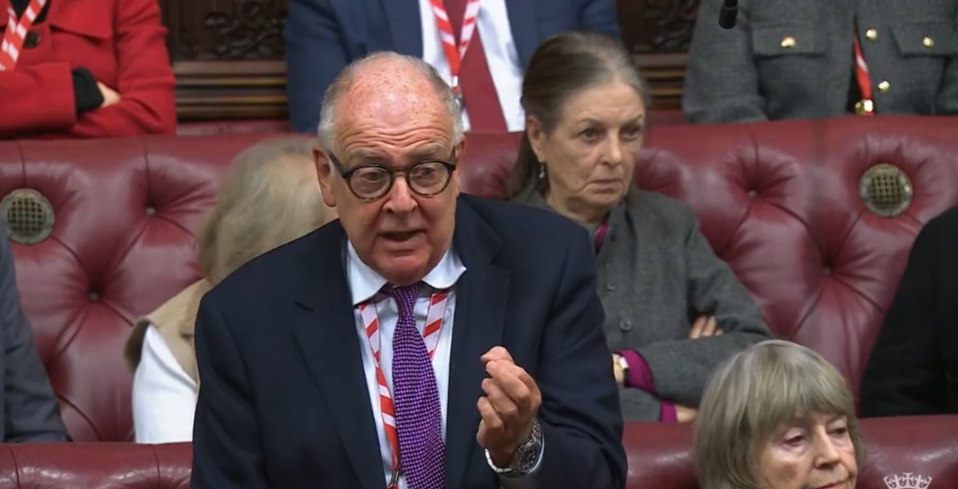
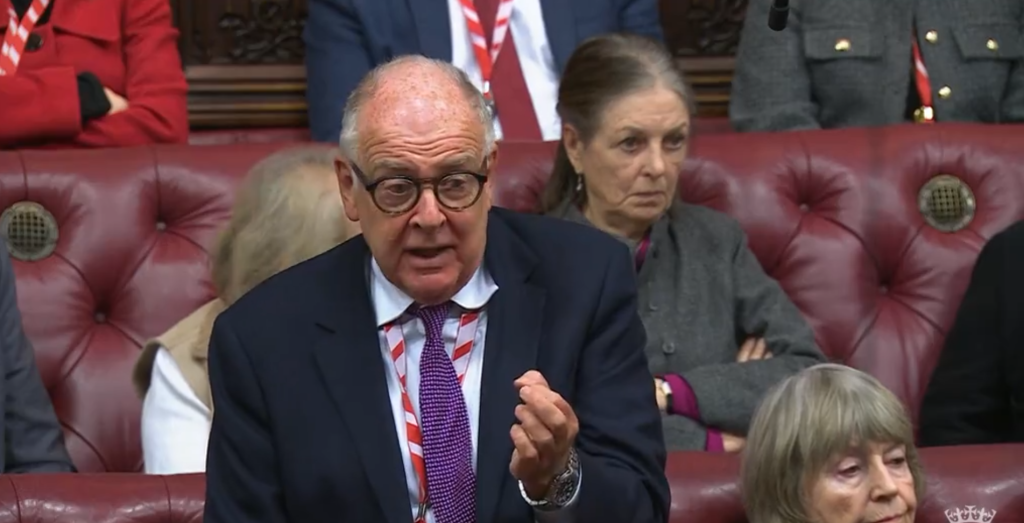
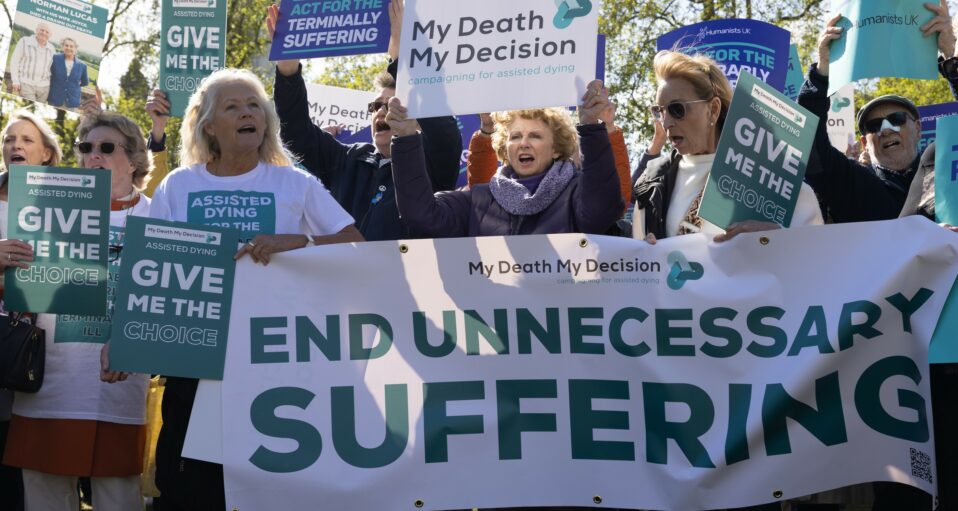

Recent Comments